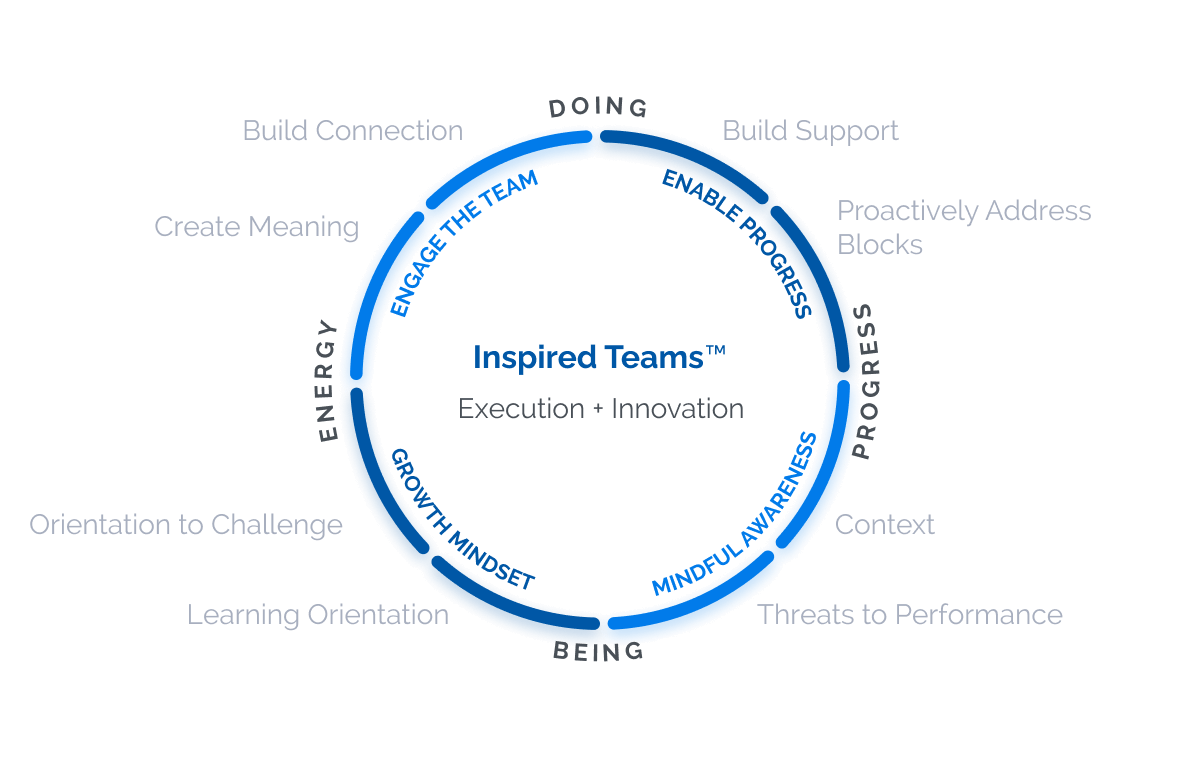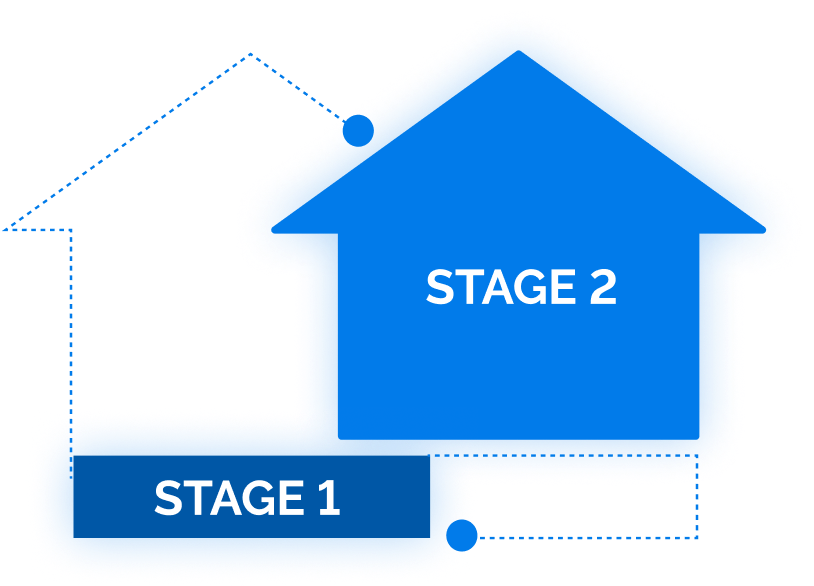Inspired Teams™
Comparative Inspired Teams™ represents the next generation in team development. It is a framework that combines 20 years of research on Team Emotional Intelligence (TEI) with the principles of Agile development. Comparative Inspired Teams execute and innovate quickly.
Created by:

The results will provide you with a quick, yet comprehensive view of your company's level of agility
From the team to the enterprise level, make tactical, on-the-ground recommendations that shape long-term enterprise transformation.
Team Emotional Intelligence Meets Agile
When you combine two proven technologies, Agile, and Team Emotional Intelligence, you get awesome teams. These teams know how to get things done quickly and they know what to do to build the team.
Agile teaches how to drive progress but does not provide a “map” for developing the team.
Agile speeds team progress using a set of principles and processes. Although Agile often creates high-performance teams, the team has no “map” for how to improve the team itself.
As a result, teams may struggle for a while before finding a route to reaching their full potential; some teams may never find their way to high performance.
Team Emotional Intelligence provides the “map” but not instruction on how to drive progress.
Team Emotional Intelligence is a framework that provides such a “map” for building the team. TEI helps the team build a culture that allows it to energize members, remove obstacles to progress, and create psychological safety, trust, and team identity.
TEI has been shown to significantly boost performance; however, it does not provide a set of processes that teams can follow.
The Magic of Inspired Teams™
Stage 1
Stage 1 of the Inspired Teams™ journey, we cultivate the foundational behaviors essential for team success and foster a supportive culture. Think of it as learning to navigate the track like a skilled Indy 500 crew, ensuring you can complete laps smoothly and efficiently.
Stage 2
Once you have the basics, you are ready to soar. In stage 2 Dr. Wolff will help you build on the fundamentals and go deeper into the subtleties that differentiate a good performance from a winning one.

Sample Questions
Create Meaning
The team's purpose generates passion in team members.
Build Connection
We work to understand each other's strengths and weaknesses.
Build Support
We build relationships with people who can provide us with resources and/or support.
Create Value
We work to anticipate potential difficulties to our progress before they occur.
Gain Perspective
We make team progress and performance data available to all.
Be Genuine
We regularly look for inefficiencies in the processes by which we do our work.
Create Value
We don't let obstacles to our productivity linger.
Explore
We experiment with new ways to do things better.
Gain Perspective
On this team, we do not hide mistakes.
